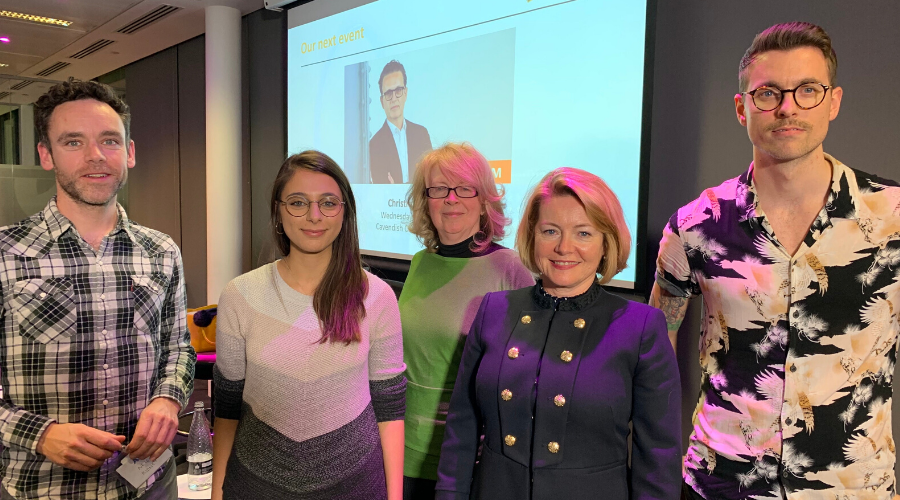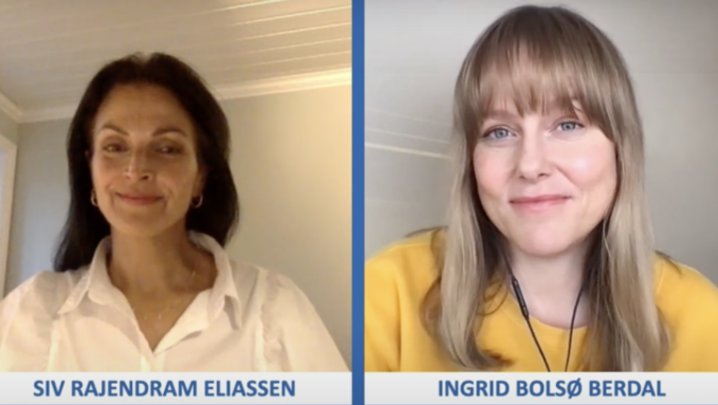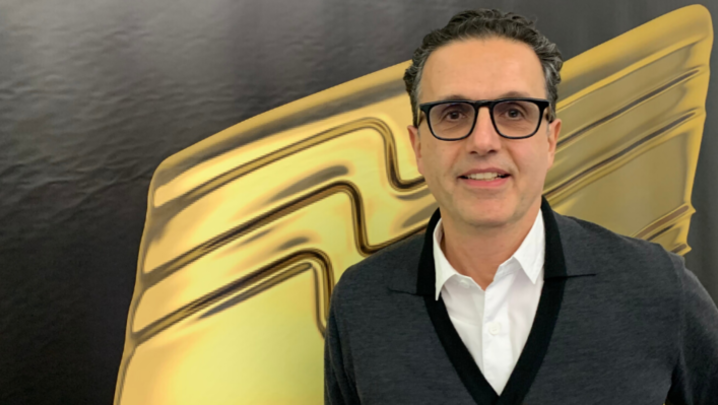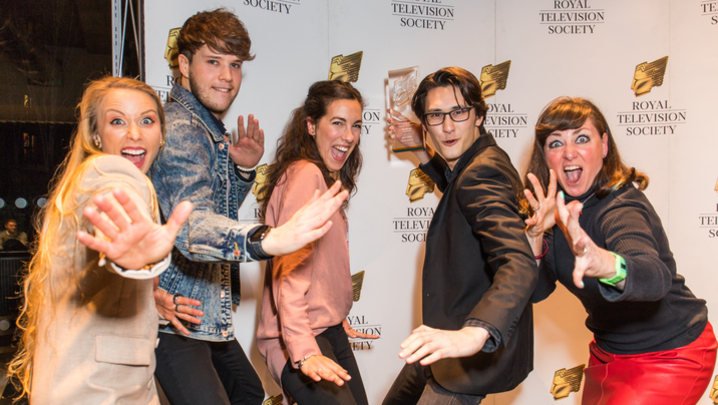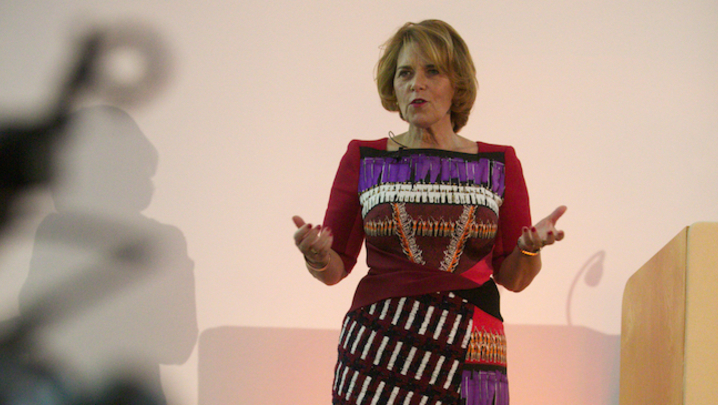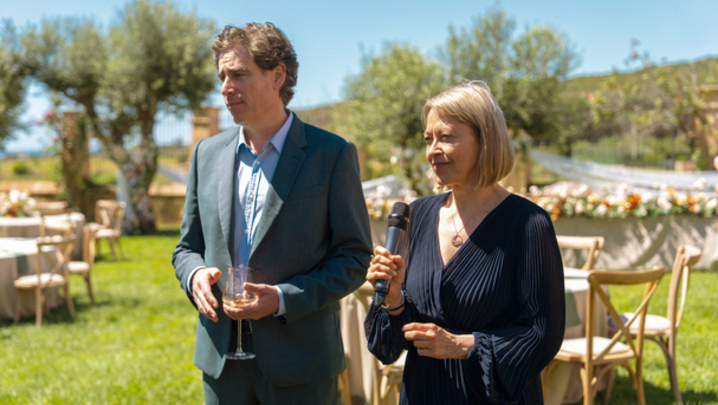Leading animators drew an optimistic picture of their industry at an RTS London event in late November.
“Make your face known… just apply and pitch for stuff, even if you might feel out of your depth,” said young 2D animator and film-maker Elmaz Ekrem. “Someone will eventually take a chance on you.”
Ekrem’s film (made with Dominika Ożyńska) about the refugee crisis in Europe, The Law of The Sea, was part of Channel 4’s short-film strand, Random Acts.
The four-strong panel offered advice to the many young animators in the audience.
“Instagram is probably the single most important tool for an animator looking for work,” said Neal Kidney, who co-founded London animation studio Seed 16 years ago.
In contrast to show reels, which he described as “really polished clips”, Instagram posts “don’t necessarily look good but they give you an insight into how [animators] are thinking and how they approach work. It’s like a second reel but it’s a more true reel about their inner animator.”
Kidney advised young animators with ideas to “find somebody who knows the business and team up with them”.
He went on to urge animators to build a broad set of skills: “[Doing] a little bit of everything [gives] a really good foundation, across the board, of every step of the [animation] process.”
“Comic timing” is also useful, he added. “Some animators don’t get it – we have to get in people who [can] really hit the beat of a gag perfectly… I think people either have it or they don’t – it’s an extra skill [on top of] being a good animator.”
Christine MacKay, who runs Eton and Dundee-based business-to-business animation specialists Salamandra.uk, agreed with Kidney on the need for across-the-board knowledge: “Most of our animators are quite general – they can do different types of animation.”
“Whenever I’m recruiting [a graduate], the first thing I look for is body mechanics in a show reel, whether you can move a character correctly, get them to settle, get them to look natural and organic,” said animation director Will Cook, who has been working on The Adventures of Paddington, Blue Zoo’s new pre-school series for Nick Jr.
Cook, who has worked for the animation studio for the best part of a decade, is also a part of the Access: VFX initiative, which promotes diversity in animation.
The key to a good career in animation, agreed the panel, was to never stop developing. “If you keep learning, you never get bored. Because you’re always learning new things, it sparks your imagination and creativity,” said MacKay.
“I learn through doing, sitting down and letting the magic happen, and not being scared of software,’ said Ekrem. “When I was a student, I had a fear of failure, which prevented me from even trying to start.
The young animator now classes herself as an “anti-perfectionist”, which has allowed her to develop: “Knowing my work will never be perfect has allowed me to let go and learn better.”
The RTS London event, ‘How to get ahead in animation’, was held at Atos in central London on 20 November. It was chaired and produced by Terry Marsh.

